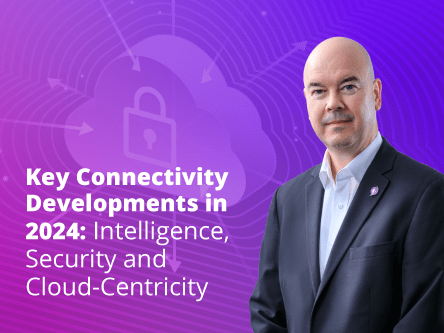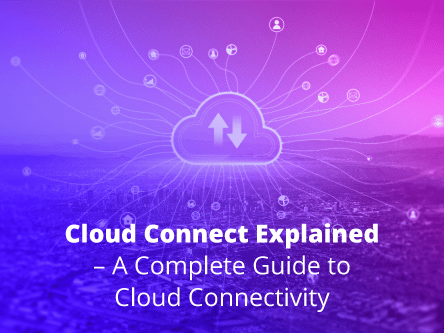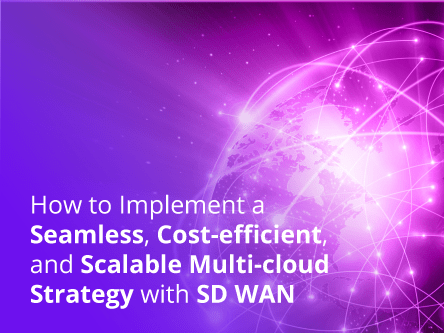Multi-cloud has become the preferred approach as enterprises around the world reach a new stage of cloud maturity. Many are seeing the benefits from using multiple clouds for different uses. For example, using Amazon Web Services (AWS) as the primary for compute while using Google Cloud Platform (GCP) for workload deployment.
These positive outcomes have encouraged businesses to shift their focus towards implementing a cloud-first strategy. The adoption of multi-cloud has also driven the need for cloud networking solutions that supports secure cloud-to-cloud connectivity with better control and visibility.
During the COVID-19 pandemic, businesses began to prioritise cloud spending as end users are now consuming more digital services in everyday life. According to Gartner, cloud spending will accelerate post-COVID-19, making up 14.2% of the total global enterprise IT spending market in 2024, up from 9.1% in 2020.







